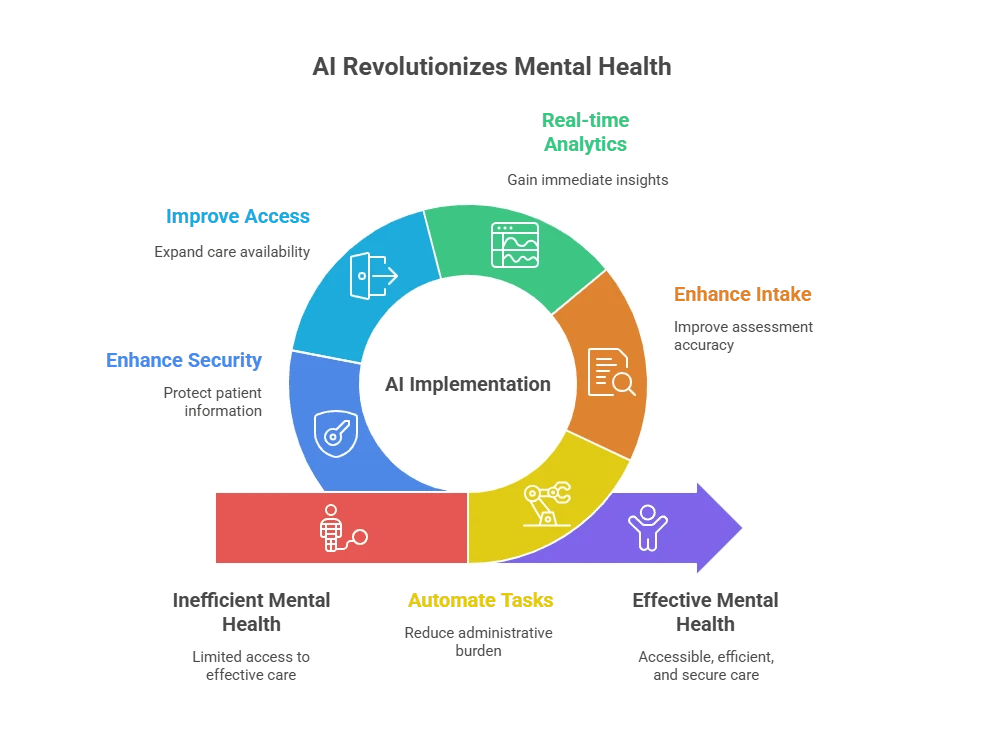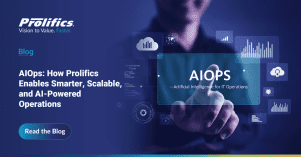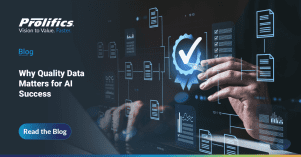Rethinking How We Care
Mental health care is facing a dual crisis: growing demand and shrinking bandwidth, AI in mental health care is reshaping how we respond to a growing crisis. While more people than ever are reaching out for help, the systems behind that care—intake, documentation, scheduling, and compliance—are overwhelmed. And it’s not just clinicians feeling the strain. Manual processes and outdated systems are burning out healthcare staff at every level.
The need for healthcare workflow modernization has never been more urgent. By integrating AI in mental health care, providers can improve efficiency, reduce staff burnout, and better meet patient needs.
But what if technology could change that?
Artificial Intelligence (AI) is stepping in not to replace human connection, but to protect it. By transforming the administrative backbone of mental health support, AI in mental health care is giving professionals more time for patients, more accurate data, and more efficient care delivery. As part of a broader effort toward digital transformation in mental health, AI has become an essential ally to improve operations and experiences.
In this blog, we’ll explore how AI is quietly, but radically, reshaping mental health operations from behind the scenes. From faster intake to real-time healthcare analytics, discover how forward-thinking organizations are using AI-powered mental health solutions to make care more accessible, secure, and effective—starting at the system level.

Behind every clinician is a system that either slows them down or sets them free. Let’s look at five ways AI is quietly empowering mental health from the inside out.
1. Faster Intake. Smarter Triage.
From 30 minutes of forms to 3 minutes of AI-driven triage.
AI mental health intake tools can automatically review patient history, flag high-risk cases, and route them to the right care provider in real time. No more juggling disconnected systems or relying on manual urgency assessments. AI reduces intake time, streamlines admin efforts, and improves patient flow—making mental health workflow automation a reality. This level of intelligent healthcare automation can help providers meet growing demand without overloading their teams.
2. Automated Documentation = Burnout Reduction
Clinicians spend up to 50% of their time on documentation. AI slashes that.
AI-driven clinical documentation can transcribe, summarize, and structure clinical notes directly into EHRs. Fewer clicks. Faster billing. More face time with patients. For administrators, this means better data, stronger compliance, and less staff burnout. This is a critical example of how AI reduces clinician burnout while improving the quality and accuracy of care.
By removing repetitive documentation tasks, providers can focus more on improving patient care with AI, and less on paperwork—boosting morale, compliance, and efficiency across the board.
3. Predictive Scheduling & Resource Optimization
What if your system could anticipate cancellations and auto-reschedule appointments?
Predictive scheduling in healthcare uses AI to analyze patterns in no-shows, provider availability, and patient preferences to optimize calendars automatically. This form of healthcare AI resource management minimizes disruptions, improves financial performance, and helps both staff and patients feel more supported. As one of the most critical challenges in healthcare, mental health scheduling optimization tools powered by AI bring flexibility and foresight to daily operations.
AI is also supporting clinical decision support tools, helping leaders make informed choices based on historical data and real-time inputs.
4. Secure, Scalable Support at Lower Costs
Mental health data is sacred. AI keeps it safe.
HIPAA-compliant AI solutions are designed with robust data governance and regional privacy regulations in mind. These tools scale across hospitals, clinics, and telehealth platforms, offering scalable AI for mental health clinics without compromising care or compliance. AI and compliance in healthcare are inseparable in today’s data-driven landscape.
From local practices to national networks, AI ensures secure and flexible care environments while supporting the expanding role of technology-enabled mental health services.
5. Real-Time Analytics for Better Decision-Making
Know what’s working, and what’s not, in real time.
AI mental health dashboards and insights give healthcare leaders the tools to improve workflows, optimize resource use, and evaluate program outcomes instantly. Forget waiting for quarterly reports—data becomes action, enabled by real-time healthcare analytics and smarter clinical decision support tools.
This capability is part of a broader shift toward healthcare workflow modernization, enabling leaders to identify bottlenecks and refine operations continuously.
When Technology Supports, Humanity Leads
AI steps in to manage the noise so care teams can lead with heart. The more we leverage AI support systems for healthcare providers, the more freedom clinicians have to do what they do best—care for patients. The result? Better engagement, improved outcomes, and healthier providers too.

Powered by Prolifics: The Experts Behind the Transformation
AI doesn’t drive this transformation alone. It needs strategic planning, secure infrastructure, and continuous improvement—and that’s where Prolifics’ managed services for healthcare IT come in.
With decades of experience in healthcare IT, Prolifics delivers:
- End-to-end AI integration for mental health workflows
- Intelligent automation for intake, scheduling, documentation, and reporting
- HIPAA-compliant architectures built for scalability and security
- Real-time analytics and 24/7 monitoring
- Dedicated teams to manage, optimize, and evolve your systems
Whether you’re starting small or scaling nationwide, Prolifics helps you deliver smarter mental health support without overwhelming your team. With secure systems and ongoing support, you lead with confidence.
AI is redefining what’s possible in mental health care—but only with the right partner behind the scenes. Prolifics brings the strategy, infrastructure, and hands-on support to make AI work where it matters most. Whether you’re piloting a program or expanding across your entire network, we’re here to help you move forward with confidence.
Organizations across the industry are exploring EHR automation with artificial intelligence to reduce overhead and increase speed. Let us show you how.
Let’s connect and talk about how we can support your mission in mental health.




